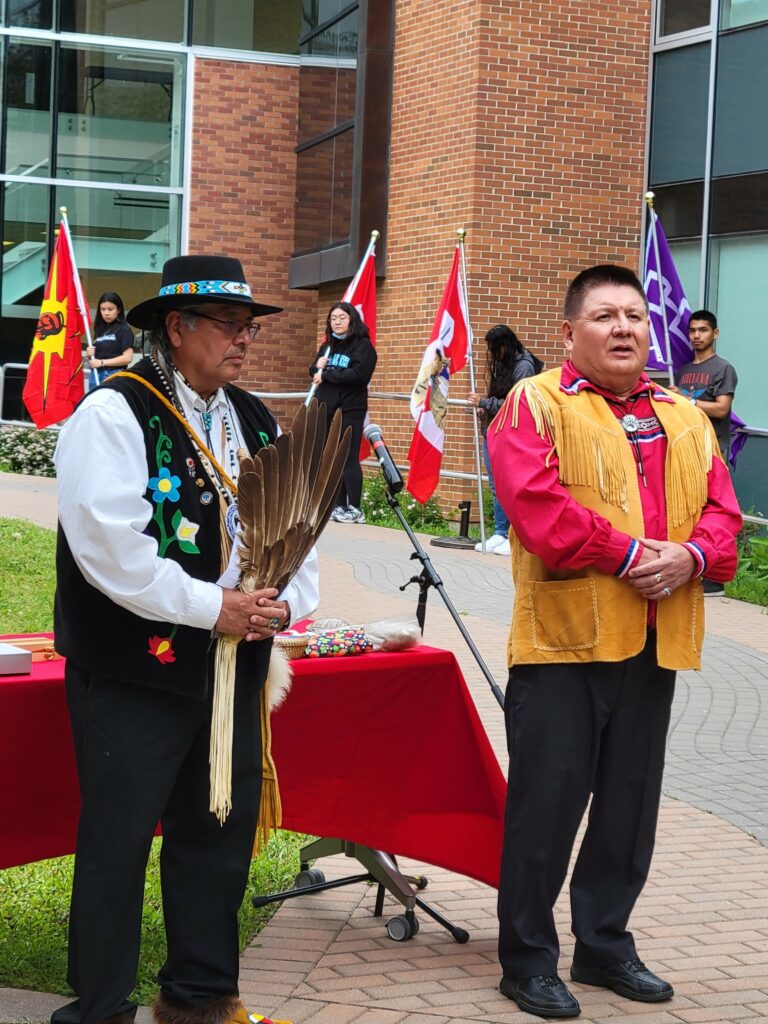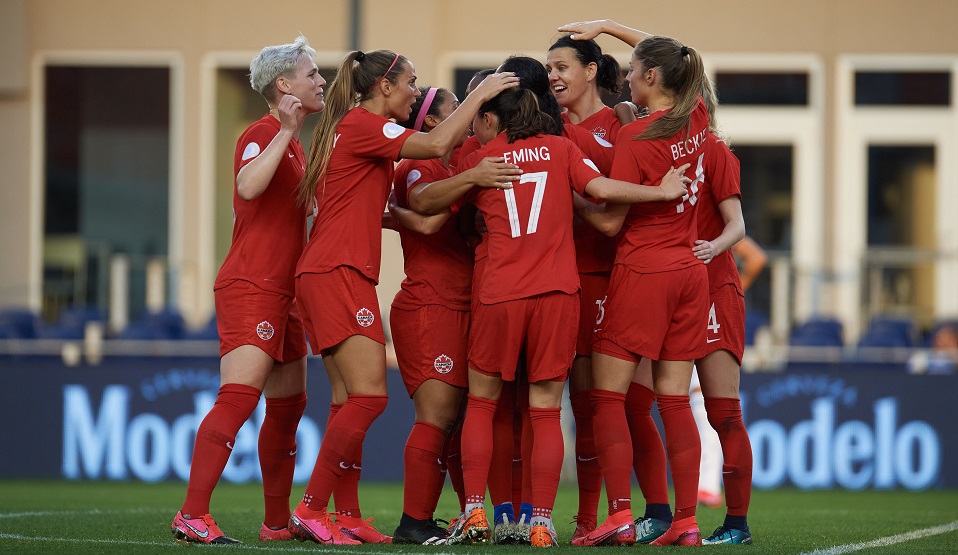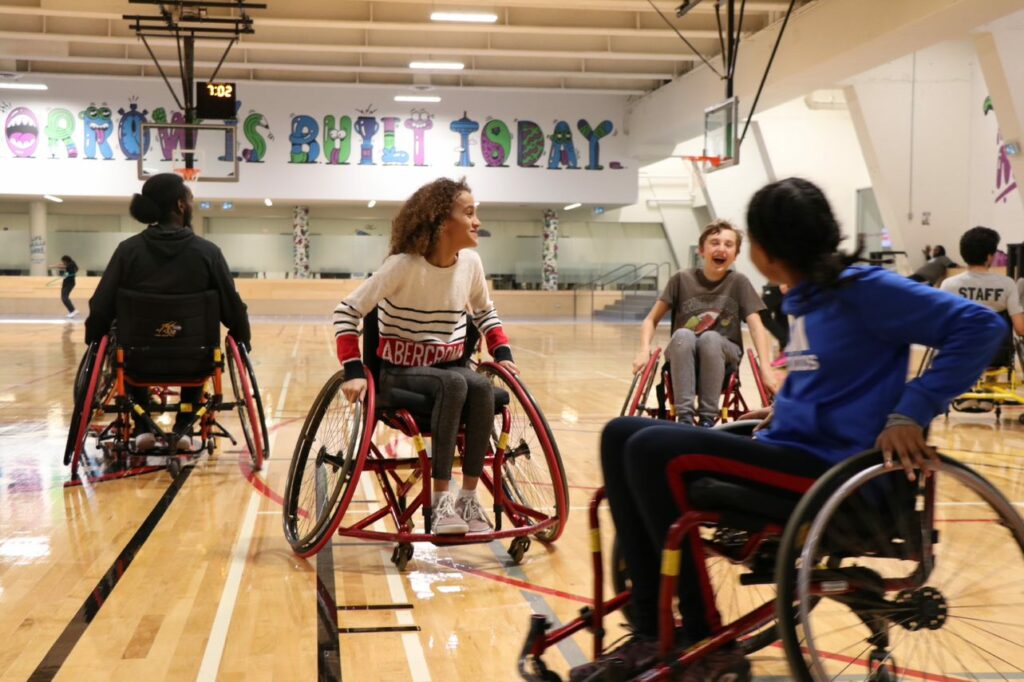Supporting the LGBTQ+ community in sports
Sports environments can be unwelcoming for LGBTQ+ youth. According to a national survey, 24.7% of LGBTQ+ youth reported avoiding athletic fields/facilities at school because they felt unsafe and 11.3% reported that they were discouraged from playing sports by faculty members. Promoting safe sports environments for LGBTQ+ youth has been shown to be beneficial for their…
Indigenous ways of knowing and doing connected to physical literacy, diversity and collaboration in sport

Highlights “Teaching was something that I always knew that I could do. From an early age, I was captain of teams and things like that, so I was thrust into leadership roles,” says Greg Henhawk. Henhawk is a Mohawk of the Bear Clan, from Six Nations of Grand River First Nation, in Southern Ontario. He’s…
Keeping girls in sport
Research shows that many girls leave sport when they reach adolescence. The COVID-19 pandemic has amplified this trend, with 1 in 4 girls not committed to returning to their pre-pandemic sports. There are many reasons that girls leave sport, from a lack of girl-specific programming to socialization and gender expectations. Research insights help us to…
Supporting Black coaches and athletes
Sport organizations play an important role in engaging and empowering Black girls and women in sport. By building stronger relationships with communities and recognizing and addressing existing barriers, such as language, cost and social or cultural norms, organizations can support Black women and girls as coaches and athletes.
Allyship as activism
Transformational allyship is activism, rather than just an awareness of systemic injustices. Researchers suggest that sport organizations can play an important role in transformational allyship at the institutional level. By being intentional, culturally conscious, and courageous, sport organizations can proactively address injustices in sport and society.
Powerchair sports
Powerchair sports are played by people with disabilities who use power wheelchairs. Powerchairs make sport accessible to athletes with a range of disabilities and eliminate performance differences usually associated with gender and age. Because of this, powerchair sports are considered some of the most inclusive sports: athletes of diverse abilities, ages and genders compete together on…
Inclusion by design
Designing inclusive programs in sport is not an easy task. Inclusion requires intention, honest conversations, flexibility and innovation. It means using individual power and privilege to create safe and accessible spaces for all Canadians to engage in sport. Learn about how Canadian sport policies and programs have evolved to support the development of safe and…
The Canadian sport and physical activity community identifies topics for researchers to prioritize

Highlights Adoption in practice of research findings is often sub-optimal because of a disconnect between researchers and the individuals or groups overseeing and facilitating sport and physical activity participation. To help bridge the gap between sport and physical activity research activities and the needs of those best positioned to apply those findings, we conducted a…
Signals versus noise: Gender equity in Canadian sport

Highlights Signals = the truthNoise = what distracts us from the truth(Silver, 2015) The Government of Canada is committed to achieving gender equality in sport at every level by 2035. But where are we in achieving this goal? And how do we know where we are? The answers to these questions lie in the ability…
Data for change: Embracing demographics to advance equity in sport

Highlights “You can’t manage what you don’t measure” is a popular saying in leadership circles. However, knowing what to measure to inform change is a craft altogether. To advance equity and inclusion in sport, the “who” of measurement is fundamentally as important as the “what.” Indeed, it’s important to understand the perspectives, realities and lived…